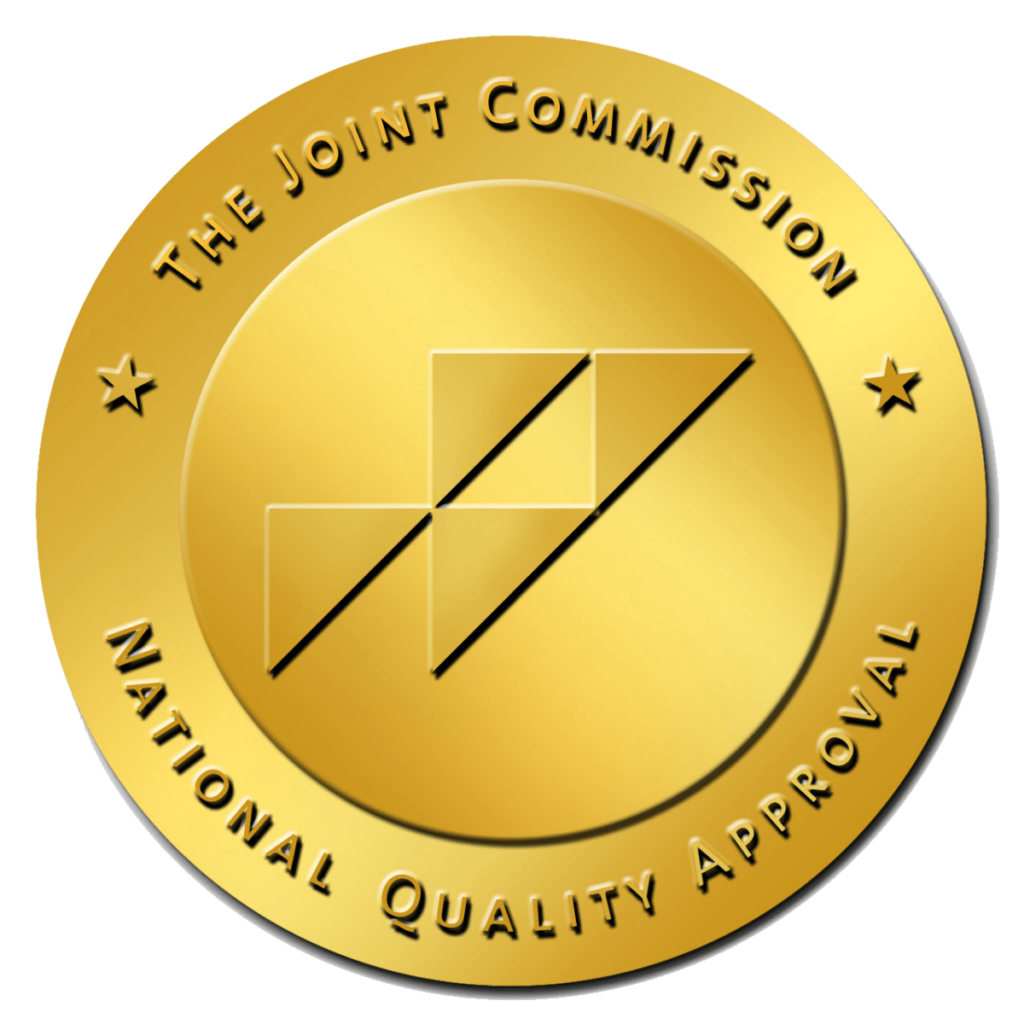Choose Facility
Mental health is a critical aspect of our overall well-being, yet the process of finding a qualified mental health professional can often feel overwhelming. Whether you’re grappling with emotional difficulties, behavioral issues, or other mental health challenges, getting the right help is crucial.
Why local?
Choosing a local mental health professional in Fresno, CA comes with a host of benefits that can significantly enhance your experience and the effectiveness of your treatment. Here’s why going local can be a great choice:
Convenience
One of the most immediate benefits of choosing a local mental health professional in Fresno, CA is the convenience factor. Being close to your mental health professional reduces the time and stress associated with long commutes. This is especially important for residents of Fresno, where local options can range from downtown clinics to providers in suburban areas.
Community understanding
Local professionals are more likely to understand the specific stresses, cultural nuances, or community issues that may be affecting your mental health. This can be particularly beneficial in a diverse and growing city like Fresno, where local knowledge can add an extra layer of understanding to your treatment.
Networking
Local providers often have a network of other local resources and professionals they can refer you to for additional support. Whether it’s a local support group, a specialized therapist, or other healthcare providers, having a local network can be incredibly advantageous.
Local recommendations
Last but not least, it’s often easier to get trustworthy recommendations from friends, family, or other healthcare providers when you focus your search locally. Word-of-mouth referrals can be invaluable in finding a professional who has a proven track record within your community.
Step 1: Acknowledge your need for mental health support
It’s important to listen to your own feelings and observe any changes in your behavior that may indicate a need for professional support. Some signs to look out for include:
- Persistent feelings of sadness, anxiety, or emptiness
- Difficulty concentrating or making decisions
- Changes in sleep patterns, such as insomnia or oversleeping
- Loss of interest in activities that once brought joy
- Withdrawal from friends and family
- Significant changes in appetite or weight
Step 2: Consult your primary care physician
Your primary care physician is already familiar with your general health and can rule out any underlying medical conditions that might be contributing to your mental health symptoms. They can also provide referrals to qualified mental health professionals, making your search more targeted and efficient.
After consulting your primary care physician and possibly receiving a referral, the next step is to understand the different types of mental health professionals available. Each type has its own approach, area of expertise, and methods of treatment, so it’s important to choose the one that aligns with your specific needs.
Psychiatrists
Psychiatrists are medical doctors who specialize in diagnosing and treating mental health disorders. They can prescribe medication and often work in conjunction with other types of mental health professionals for a comprehensive treatment plan.
Psychologists
Psychologists hold a doctoral degree, such as a Ph.D. or Psy.D., and are trained to diagnose and treat mental health issues primarily through psychotherapy or talk therapy. They cannot prescribe medication in most states but can offer a range of therapeutic approaches.
Licensed Clinical Social Workers (LCSWs)
LCSWs are trained to provide mental health services with a focus on social factors that may be affecting your mental health. They can offer therapy and counseling services and often work in community settings.
Counselors and Therapists
Counselors and therapists can have various educational backgrounds and licenses. They are trained to provide a range of services, including counseling and psychotherapy, to individuals, couples, and groups.
Marriage and Family Therapists (MFTs)
MFTs specialize in relationship dynamics and can provide therapy for couples or families. They are trained to understand how family issues can affect mental health.
Step 3: Schedule Your initial Consultation
The initial consultation is a pivotal moment in your journey to finding the right mental health professional. This meeting serves as a two-way assessment: it allows the professional to gauge the nature and extent of your concerns, and it gives you the opportunity to evaluate whether you feel comfortable and confident in their care.
Purpose of an Initial Consultation
The primary objectives of an initial consultation are:
- Assessment: The mental health professional will likely ask a series of questions to understand your symptoms, history, and what you’re hoping to achieve through therapy.
- Rapport Building: This is your chance to see if you feel comfortable speaking openly with the professional. A strong therapeutic relationship can significantly impact the effectiveness of treatment.
- Information Gathering: The consultation is an opportunity for you to learn about the professional’s approach, treatment modalities, and what to expect in subsequent sessions.
Do you need ongoing mental health treatment in Fresno, CA?
If you’re ready to take the next step in your mental health journey, consider reaching out to Ascend for comprehensive and compassionate mental health services. At Ascend, we understand the unique challenges and opportunities that come with living in Fresno, and our team of qualified professionals is committed to providing personalized care that meets your specific needs. Our services include inpatient mental health treatment, a PHP program, and an outpatient program for mental health concerns. Contact us today to start receiving the support you need to manage your mental health.

All Rights Reserved © by Sierra Meadows Behavioral Health | Website Sitemap | Privacy Policy | Billing Policy
Certified by the State Department of Health Care Services. Certification Number: 100008AP. Expiration Date: 12/31/2025

